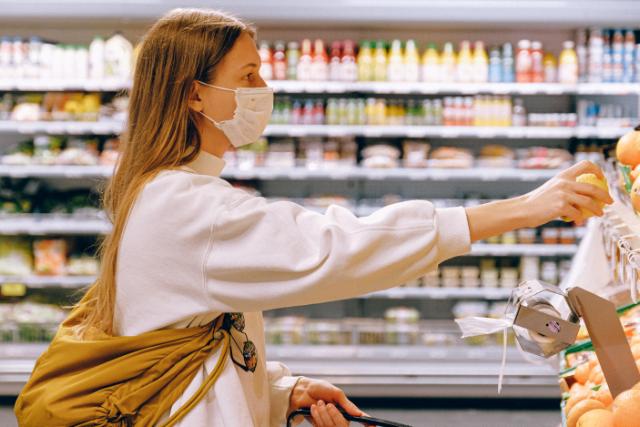
#9 INFORMING AND NUDGING CONSUMERS
#9 INFORMING AND NUDGING CONSUMERSLiving Lab #9: Informing and nudging consumers
Consumer Engagement and Everyday Life
How can you adapt the knowledge of food loss and waste in your everyday life through little helping hands like recipes, meal boxes, labels and other digital and practical solutions without compromising nutritional aspects? And what about other environmental aspects?
The problem we address in this Living Lab is related to the relative lack of consumer engagement in reducing food loss and waste. We have identified two obstacles; awareness of food loss before retailers and consumer habits which relate to their dietary needs.
Food loss in the whole value chain
Today, most consumers are not aware of the food loss that happens before they buy the products available in the supermarket.
One concrete example is that of frozen french fries in the Netherlands; the machines at the french fry processers are created in a way where potatoes must have a specific shape and therefore potatoes must be cut before use. Currently, around 20% of the input potatoes, is thrown away as cut-off because producers cannot find any other profitable use for it.
There is a similar problem with "ugly" vegetables sold in retail which are vegetables that don’t live up to standard and consequently are thrown away before they reach the super market.
On top of these problems, consumers have personal nutritional needs and needs to balance a daily food intake.
We know that consumers use go-to recipes in their everyday life to support their nutritional needs, but these recipes do not take into account food waste. By slightly moderating the recipes, the systemic food waste could be reduced significantly.
Partners
- Netherlands Nutrition Centre Foundation (Foodinc Centrum) – A public organization that provides nutritional information to Dutch Citizens in order to have a healthy and sustainable centre. Already use an app to communicate with consumers, this app will be involved in the project.
- Tilburg University will provide knowledge on operation research and contribute to mathematical modeling and optimizing targets, basing output on statistics.
- Wageningen University with a focus on agriculture, food, and cooperations.
In the initial stages, we will be working mainly on collecting data, mathematics and statistics, and we will be creating models and discussing the parameters and to validate the results of the mathematical models.
First results

Take the info with you
Our flyer offers a concise summary – download it now and stay informed.
See video: Systemic Innovation Living Lab 9
Informing and nudging consumers to make better choices through reverse (dietetics) and forward (FLW, sustainability, affordability) optimisation

Contact
Joris Wagenaar
Tilburg University
The NetherLands
j.c.wagenaar_1@tilburguniversity.edu
